
So as I suspected I would be exhausted today, being an industrious sort of fellow, I had prepared some tweets ahead of time if #Perseverance hadn't worked........ but with a little tweaking, still relevant #countdowntomars
@xipteras



@xipteras
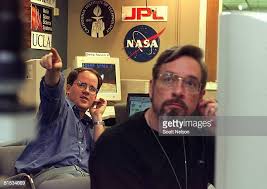



As everyone who follows space knows, there is a narrow line between success and failure - and there but for the grace of God.......telegraph.co.uk/news/2021/02/1…
As many of you know, the British tend to celebrate failures and heroic ones at that..... newstatesman.com/culture/books/…
I suspect many of you - certainly with more tender social consciences - will disagree with what follows, but for what it's worth, I wanted to look at WHY we explore.........
I have spent over forty years looking at the reasons why people explore - I don't want to sound like a Poundland Carl Sagan ("Because it's in our DNA") or some of the greater minds in astronomy
But the answer goes back to what I tweeted the other day. We go to Mars.... drumroll..... because it's there. And we go back.... because we want to know what is over the horizon. It really is as simple as that. 

So I am going to – metaphorically at least, turn the clock back a century – because the nearest equivalent we have for exploring Mars, is looking at how the Earth’s poles and mountains were explored 






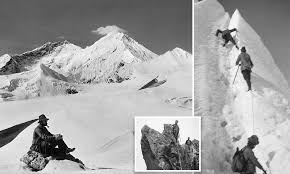
Polar exploration has always fascinated me for that very reason. As an aside, Gene Roddenberry based Star Trek on explorers at sea. And if he had made a series about that, I would have watched that. 





As I have explained, I wouldn’t have science fiction in the house. What I cannot get enough of are stories of people battling against the odds. That, to me, is what space exploration is all about, too 

Sometimes it works, sometimes it doesn’t. Mars is an unforgiving place to explore. It really is that simple. The margin between success and failure is razor thin. 



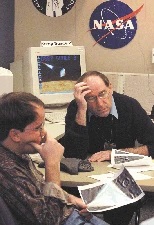



The reason space exploration compels is because it is – no pun intended – all about perseverance in the face of adversity. Earlier this week I tweeted JFK’s line about exploring space – “Because it’s there” words originally said by George Mallory about Everest and quoted by JFK 



Mallory was one of the most remarkable explorers of all time, who died with Sandy Irvine on Everest in their attempt at reaching the summit in 1924 



Mallory and Irvine had – like so many others – come through the Great War, a horrible crucible, with unimaginable horrors. What they went through – along with others – was utterly harrowing. 



Their story is wonderfully brought to life by Wade Davis in “Into The Silence”- which is a title that strikes a resonance today. It is one of the most elegiac books on what compels people to do the impossible I have ever read. 
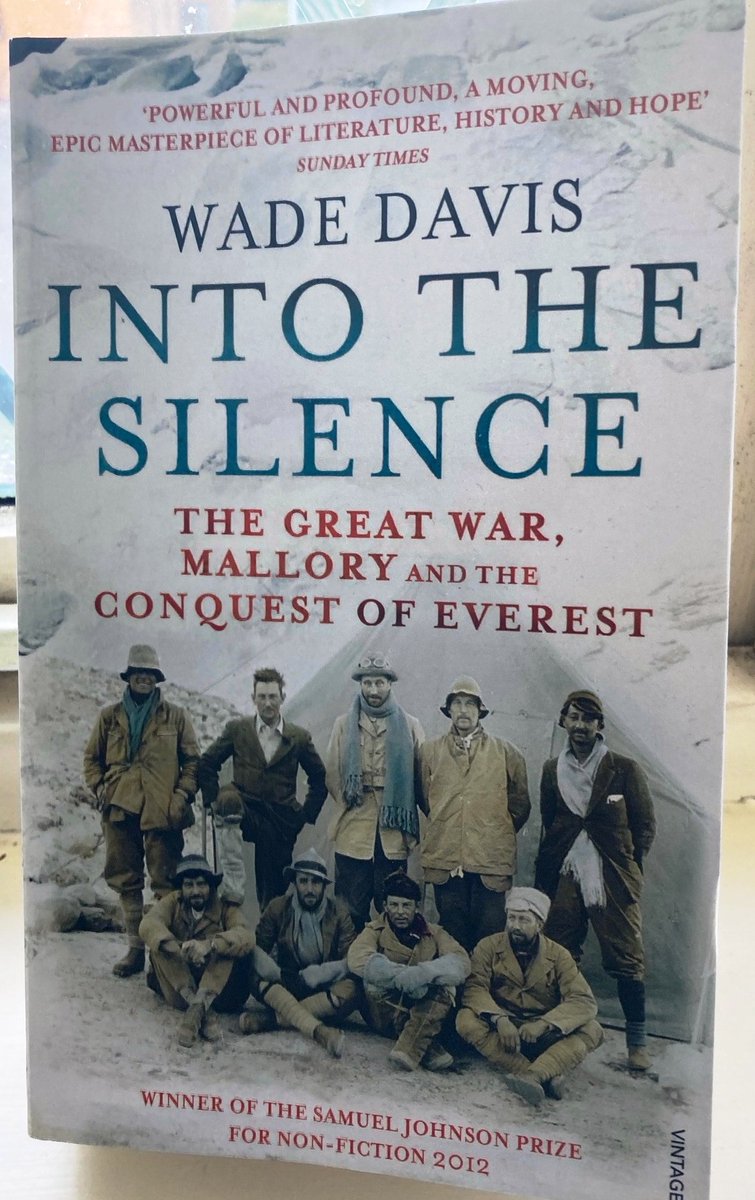
Why they did it is simply explained in this quote - "The price of life is death", something which also has parallels in human exploration of space 

Save your subscriptions to Sci Fi series, and seek it out. I cannot praise it too highly nor could The Observer -- theguardian.com/world/2011/sep…
The 1924 Everest expedition shows how people deal with adversity. Mallory and Irvine attempted to conquer Everest. And they perished, a story that speaks to us today for exactly the same reasons #Perseverance has worked; fortitude, bravery and attempting the impossible 

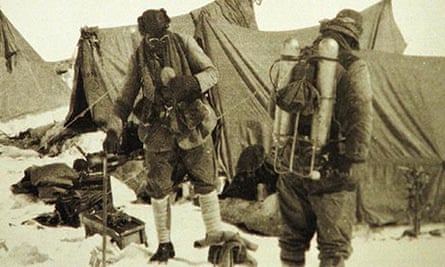

There has been an interesting debate about flags in space exploration. In his “We choose to go to the Moon” speech, , JFK said “We have vowed that we shall not see it governed by a hostile flag of conquest but a banner of peace.” 



In this context, flags are powerful symbols, but also mirror us as human beings and societies. I make no comment on these occasions from history apart from saying how indelible they are as images 




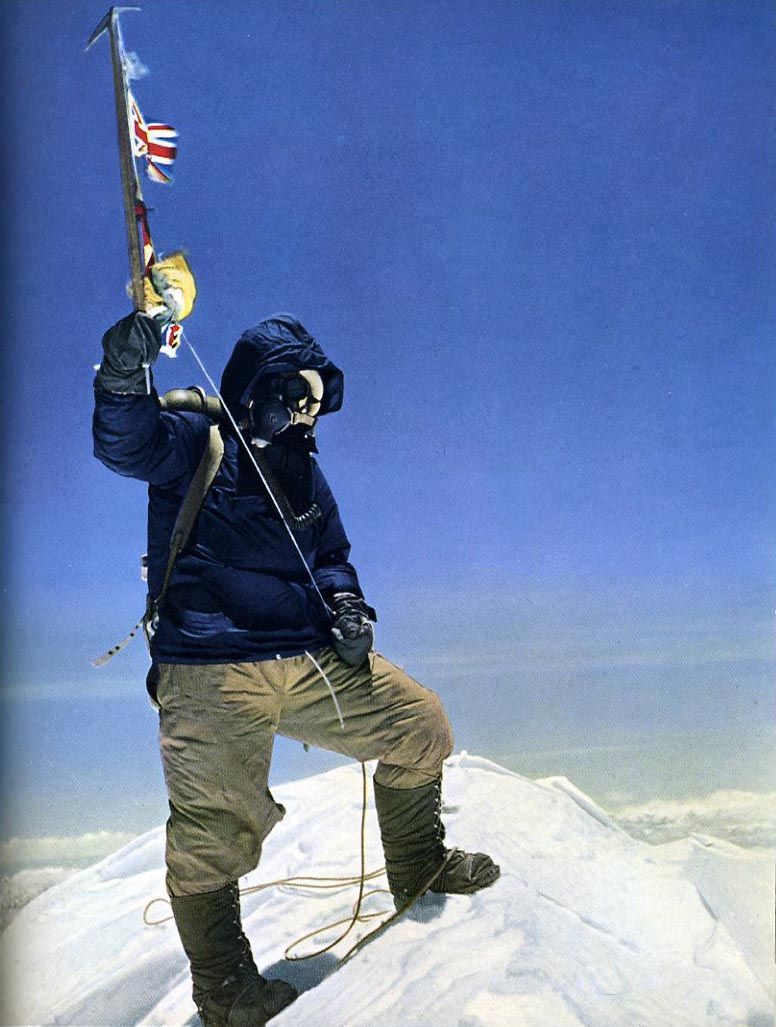


Others have perished on Everest as they have done on other journies of exploration– and not least in the exploring of space. There are no statues for the people who build robots – but we can honour them today for doing what they have done on our behalf 



Ditto fallen explorers. We honour all their memories by remembering what they did, no matter why they did it – in another century, who will remember our wars, our political preoccupations or (thank god) the Trump Presidency? 



To take one example from fifty years ago. The crew of Soyuz 11 in June 1971 who had broadcast live from their Salyut space station as a symbol of pride for the Soviet Union. Their deaths saw ordinary people in tears on the streets of Moscow. 



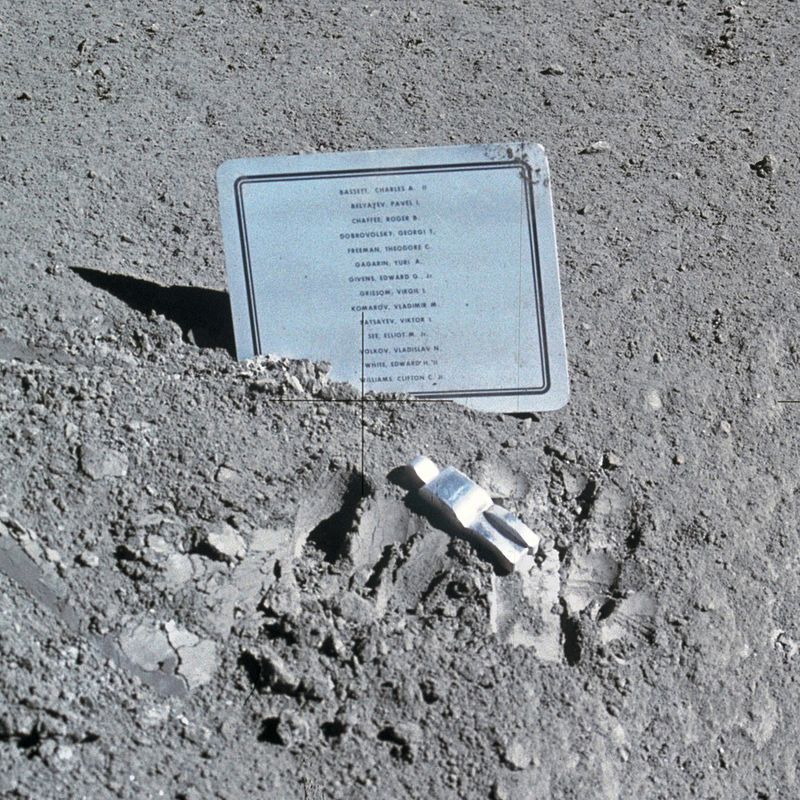



Exploring space gives us all hope. And that was exactly why a century go people did the same with Antarctica. Today’s bases at the south pole show that when countries put their mind to it, they can explore together peacefully and for the greater good of all of us 


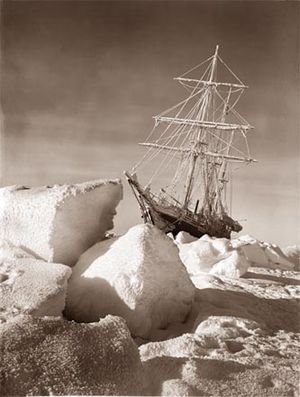
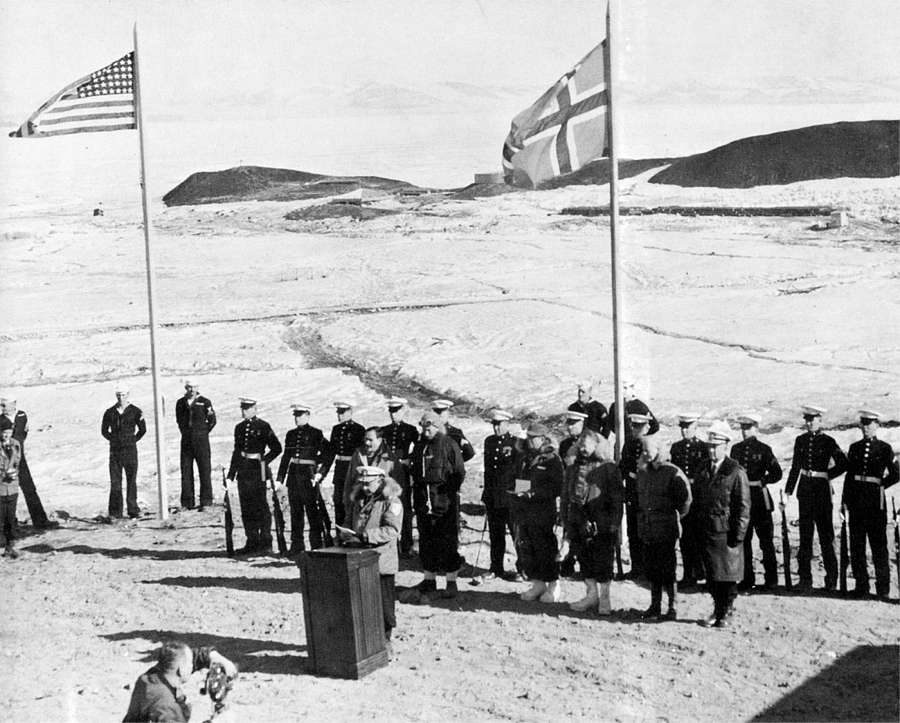
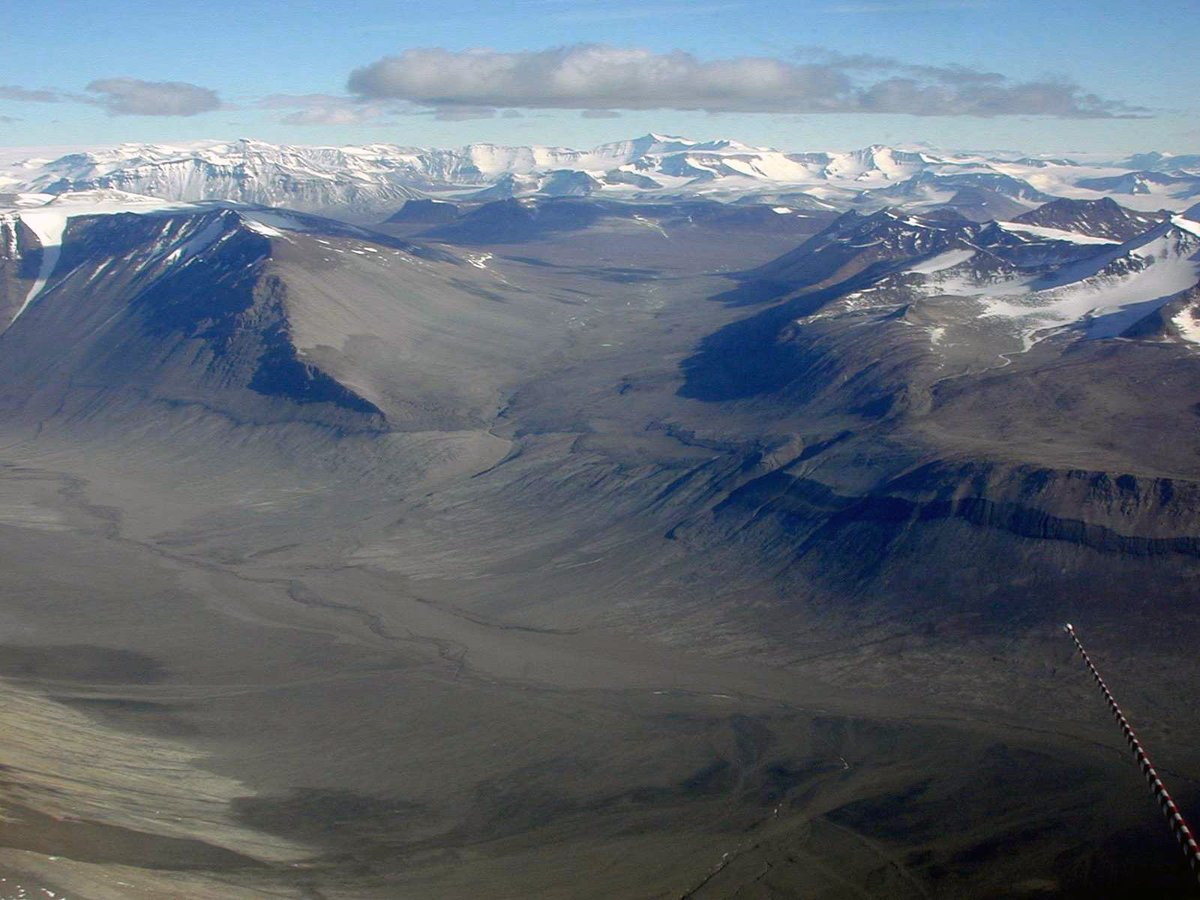
Consider the International Geophysical Year of 1957-58 – that it lasted eighteen months, tells you everything you need to know how geophysicists view the calendar 



That was when people started to consider the south pole as a place worthy of scientific scrutiny – as indeed, was space with the first “Earth satellites” to do the same in low Earth orbit 




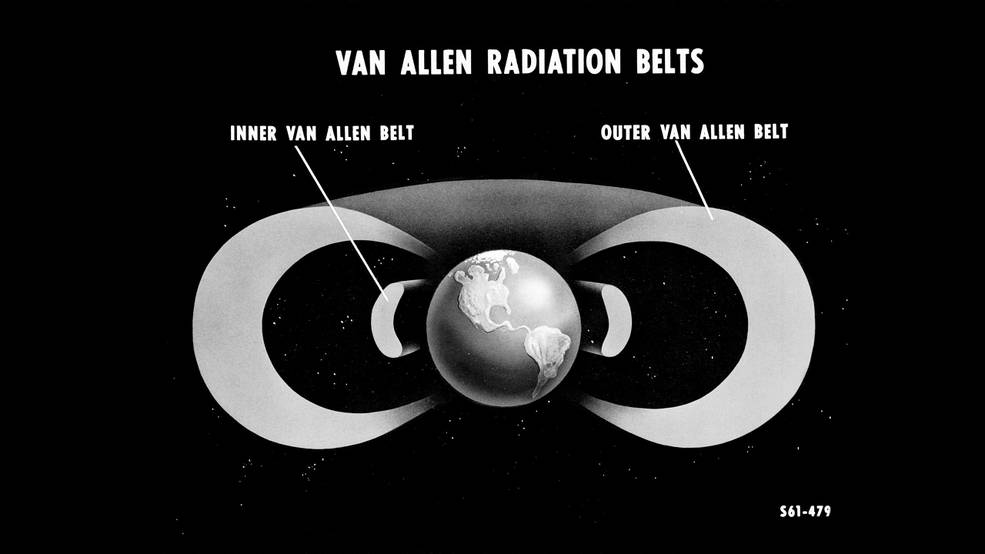
So was Sputnik - or Apollo, or Perseverance or Hope or Tianwen, for that matter - launched for the greater good or political posturing? Both, to be sure, but they don’t have to be mutually exclusive any more 

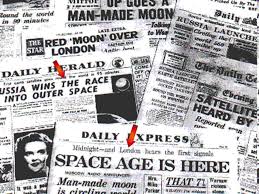

John F. Kennedy was once asked about what was the difference between an Atlas missile which had an astronaut atop it – or a nuclear warhead. “Attitude,” he said. 






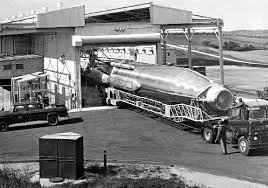
That’s exactly the same today.
And on that note, will finish for now. Back later with more half formed ideas and philosophical musings but for now, the cats must be fed!
• • •
Missing some Tweet in this thread? You can try to
force a refresh


















